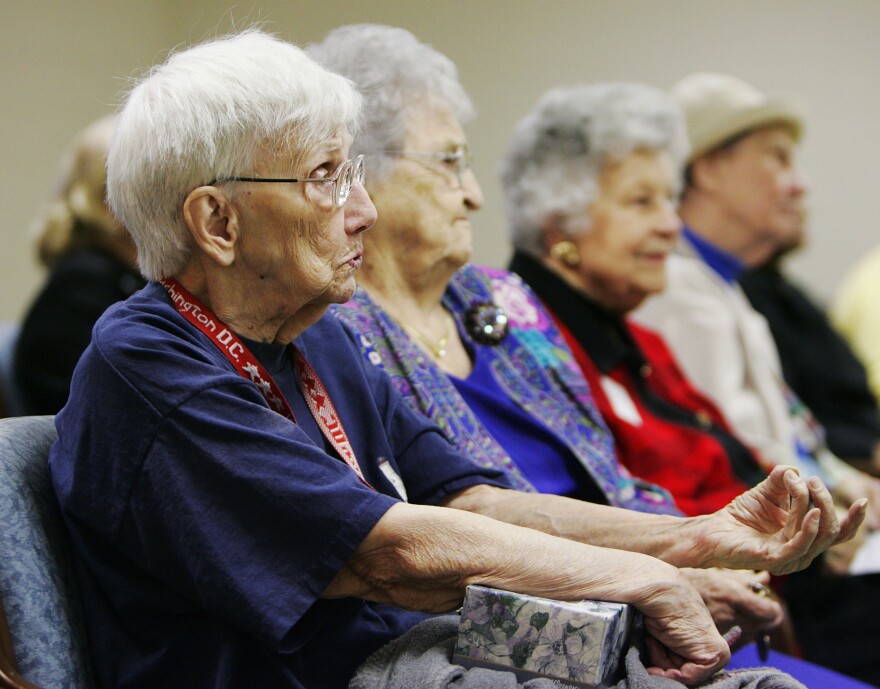A majority of medicare patients' injuries aren't being properly assessed in emergency rooms, according to a new study from the University of Pittsburgh.
Researchers surveyed at total of 124,008 severely injured patients. They found that 68.9 percent of them were incorrectly triaged in the ER and were not sent to trauma centers, which are better equipped to treat these patients.
Lead author Dr. Deepika Mohan, an associate professor in the department of critical care medicine at Pitt’s medical school, said there are many possible reasons to explain the results. One is that Medicare patients are over 65 and therefore more prone to falls, which are often not recognized as serious.
“[Older adults] don’t [often] come in with gunshot wounds. They don’t come in with mangled extremities. So, the clinician is like, ‘Oh, you fell down the stairs and you have some rib fractures, that’s not a big deal.’ And really, that can be a very big deal,” she said.
Another explanation for the improper assessment of Medicare patients' injuries is that, paradoxically, the more experienced a physician, the more likely they are to not recognize an injury’s severity.
“As [doctors] get older ... they lose touch with clinical practice guidelines,” said Mohan. “They tend to do things the same way as they used to do them. They don’t keep up with the literature.”
These findings, said Mohan, suggest that addressing physician behavior has the potential to improve patient outcomes.
But it may not all have to do with poor judgement, as clinicians working in communities with sparse medical resources must sometimes make difficult judgments, weighing the needs of the group against the needs of an individual.
“You work in a county that has two ambulances, and you put somebody in an ambulance, to send them, say to Pittsburgh. That may mean that your county no longer has an ambulance for four or six hours,” said Mohan.
The study was published last week in Jama Surgery.
WESA receives funding from the University of Pittsburgh.





